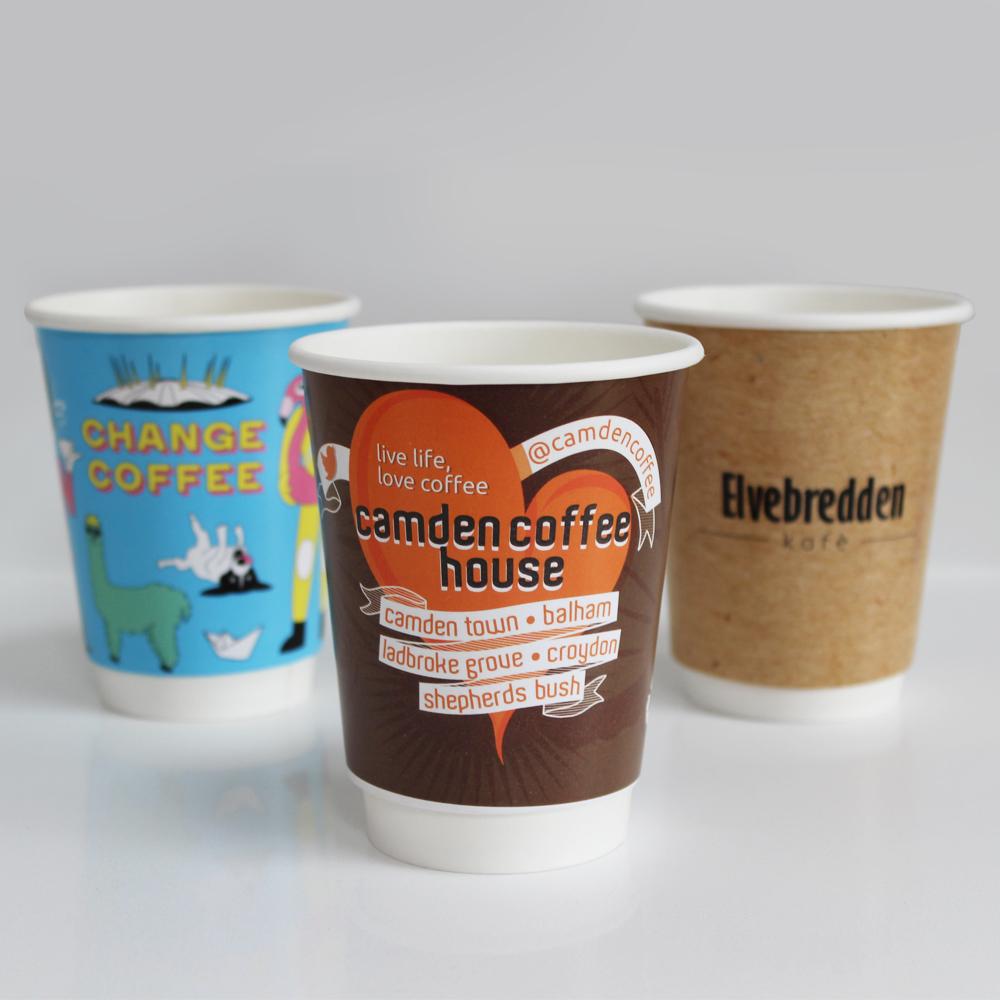Modern Business Cards Redefining Professional Networking
In today's fast-paced digital landscape, the humble business card has transformed into a powerful tool for professionals seeking to establish and maintain connections. Gone are the days when a simple piece of cardstock with a name and contact details sufficed. Modern business cards have evolved to reflect the dynamic nature of contemporary business practices, incorporating innovative designs, materials, and technologies that make lasting impressions.
One of the most significant changes in business cards is their design. While traditional cards often adhered to conservative aesthetics, modern versions embrace bold colors, unique shapes, and artistic typography. This shift allows individuals to express their personal brand and stand out in a crowded market. Designers are experimenting with textures, finishes, and formats—such as rounded corners or die-cut shapes—to create cards that not only convey information but also resonate with recipients on an emotional level.
Moreover, the rise of technology has ushered in a new era for business cards. Digital enhancements, such as QR codes and NFC (Near Field Communication) chips, have become commonplace. These features allow recipients to seamlessly access a digital portfolio, website, or social media profile, providing an interactive experience that traditional cards simply cannot offer. This integration of technology bridges the gap between physical and digital networking, making it easier for professionals to connect with potential clients or collaborators.
modern business cards

Sustainability is another critical consideration in the creation of modern business cards. As businesses become increasingly aware of their environmental impact, eco-friendly materials like recycled paper, bamboo, or even biodegradable options are gaining popularity. Choosing sustainable materials not only reflects a company’s values but also appeals to environmentally conscious consumers, enhancing brand image and credibility.
Furthermore, the importance of personalization cannot be overstated. Modern business cards often incorporate customized elements tailored to the recipient. By adding a personal touch—whether it’s a handwritten note, a specific color palette, or a design that reflects mutual interests—professionals can create a more profound connection that fosters relationships beyond the initial meeting.
As networking continues to evolve, the role of business cards remains vital. They serve as a tangible reminder of a conversation, a snapshot of one’s professional identity, and an invitation for further engagement. In a world where digital communication often overshadows face-to-face interactions, a well-designed business card can leave a memorable mark.
In conclusion, modern business cards encapsulate the essence of professional networking in the 21st century. By combining innovative designs, technological advancements, sustainability, and personalization, they stand out as powerful tools that facilitate meaningful connections. As professionals continue to navigate the complexities of business relationships, the importance of creating a memorable impression through a thoughtfully crafted business card cannot be underestimated. Embracing this evolution can significantly enhance one’s networking potential in an ever-competitive landscape.



